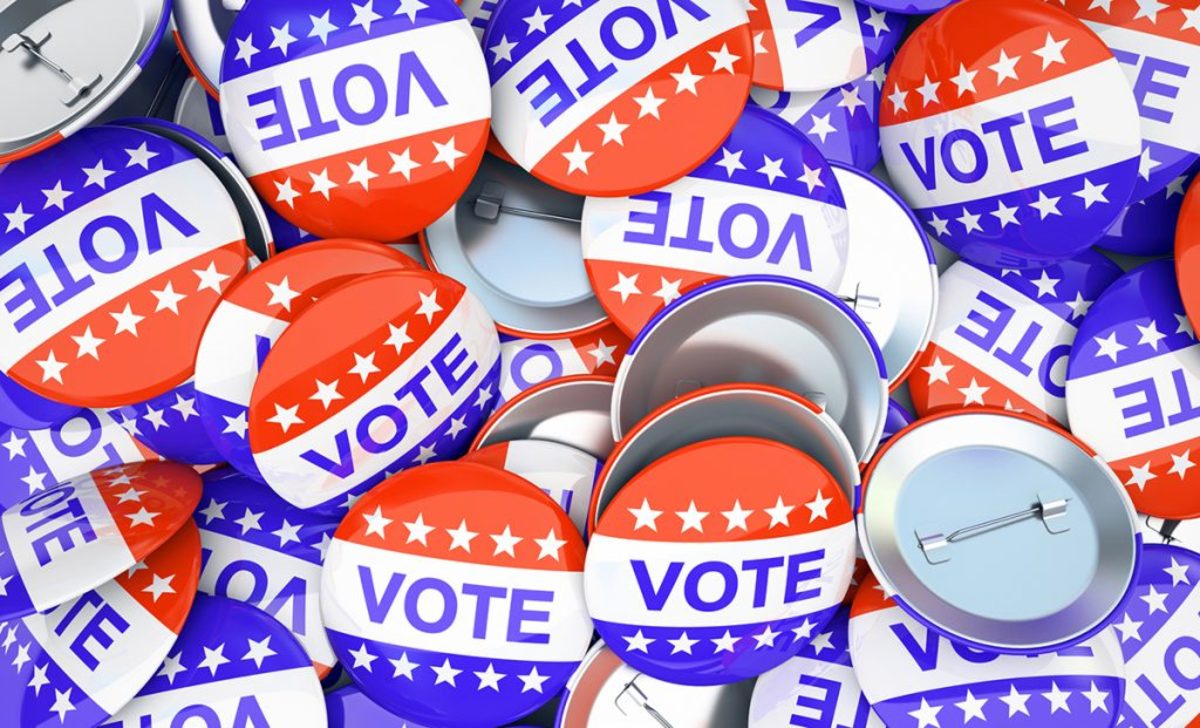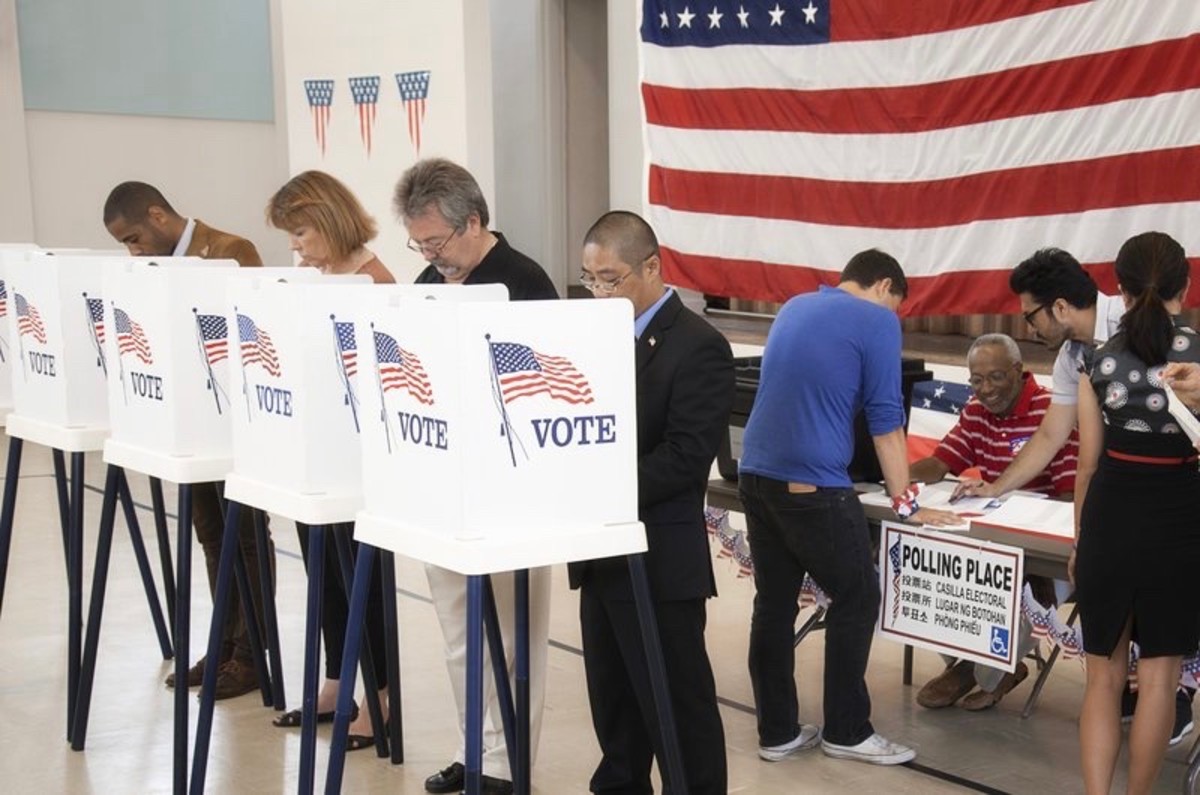Knowledge of Civil Responsibility
Knowledge of civil responsibility
Voting as a civil responsibility
Voting is deemed to be a civil responsibility since it is the most honest solution to escalating turnout numbers as well as making elections and, thus, policies, more equal as well as inclusive. Through, an individual can accountable to certain vital things in one's power, control as well as management (Terry et al., 2019). The voting typically highlights the importance of selecting a government that would not encroach on particular fundamental rights, encompassing cornerstones of representative democracy such as freedom of speech, press, religion, as well as assembly. These kinds of freedom are deemed to be the fundamental fabric of any country's democracy. The quality of any government considerably impacts on each individual within society
With the capability of individuals exercising their respective voice as well as electing representatives is presently recognized as another foundation of a strong democracy. Moreover, a healthy democracy typically relies on the existing quality of governance as well as the candidates. Even though relatively higher turn voter turnout does not assurance higher quality candidates and more responsiveness, but it ensures that people's will is exercised in a free and fairway on to the persons they want to govern them (Terry et al., 2019). Moreover, relatively higher turnout permits voters to select their respective bets candidates while also permitting them not to waste their underlying vote by selecting a secondary preference for san individuals from among the more worthwhile candidates.
Consequences of voting to the community
Voting has a myriad of consequences in any community. Through voting, citizens can select the way they want to be governed, as well as hold accountable the people in authority on certain policies. Through voting people ensure that there is no encroachment of certain fundamental rights, which are deemed to be the foundation representative democracy such as freedom of speech, press, religion, as well as assembly (Gerber et al., 2016). Voting also ensures that the community has a healthy democracy based on the quality of governance as well as the candidates.
Voting also ensures that young individuals have strong as well as reliable representation at the local level. The progress normally occurs at a community level and most of the civil rights begin at that level, and numerous state legislative seats are normally up for grabs, voters possess an opportunity to weigh in on their respective rights (Wattenberg, 2015).
Voting impacts on the criminal justice reforms in the community. Local leaders such as mayor have ultimately responsible regarding the criminal justice as well as policing reform, and thus, the prospect of police relations within the community depends on an individual's participation in the election via voting. In case there is police brutality within the area people ought to scrutinize their mayoral candidates and their respective colleagues in a bid to ensure that the next police chief can safeguard and serve the community (Terry et al., 2019). Local government representatives are normally directly accountable for the alterations made within any community, and they make decisions that can affect a city for numerous generations. Moreover, from transportation to the business improvement to affordable housing are decisions made by the underlying city's leadership.
Consequences of not voting to the community
Not voting to the community is one of the ways of giving up an individual's constitutional rights. Voting is comparable to the freedom of speech, which is a constitutional right that permits an individual to make their respective voices heard. In numerous nations, voting is not deemed as a right and citizens possess little choice regarding the person elected to govern their respective country (Wattenberg, 2015).
Absconding voting in the community impedes criminal justice reforms since local leaders such as the mayor have ultimately responsible for determining criminal justice as well as policing reform. Poor criminal justice reforms in the community might lead to police brutality due to a lack of protection from the next police chief to serve the community (Gerber et al., 2016). Moreover, gentrification is typically local and not taking part in voting leads to unaccountability to the local government representatives that are responsible for making decisions that affect a city for numerous generations such as transportation, business improvement as well as affordable housing by the underlying city's leadership.
By not participating in voting, an individual makes it cumbersome for favorable candidates to win, which leads entrenchment of bad governance in the community.
How to convince non-voters to participate in voting
Non-voters can be convinced to participate in voting by altering the messaging by encouraging them to think independently concerning personal benefits. The content ought to be localized as such content is typically produced within their respective political system thus reflecting their political reality (Kemmers, 2017).
Non-habitual voters are normally wary of factual statements, which they perceive as condescending as well as preachy and correspondingly react positively to the open-ended questions since it invites them to reason and discuss matters on their respective own terms. Moreover, wording about the voter turnout slogans ought to be also positive to safeguard them from being guilted into voting (Kemmers, 2017). Non-voters typically react relatively better to language that does not tackle elections specifically than those that language that is deemed to be more political. Thus, indirect wording enhances interaction, engagement as well as consideration regarding the appeal (Hall, 2019).
References
Gerber, A. S., Huber, G. A., Doherty, D., & Dowling, C. M. (2016). Why people vote: estimating the social returns to voting. British Journal of Political Science, 46(2), 241-264.
Hall, H. (2019). Voting Behavior Among Young Adults: An Analysis of Youth Voters and how Behavioral Economic Concepts can be Applied to Increase Young Voter Turnout.
Kemmers, R. (2017). Channelling discontent? Non-voters, populist party voters, and their meaningful political agency. European Journal of Cultural and Political Sociology, 4(4), 381-406.
Mo, C. H. (2015). The consequences of explicit and implicit gender attitudes and candidate quality in the calculations of voters. Political behavior, 37(2), 357-395.
Terry, J., Dunlap, K., Flickinger, S., & Woosley, D. (2019). Operational Solutions That Help Voting Work for Everyone. In The Future of Election Administration (pp. 233-239). Palgrave Pivot, Cham.
Wattenberg, M. P. (2015). Is voting for young people?. Routledge.
This content is accurate and true to the best of the author’s knowledge and is not meant to substitute for formal and individualized advice from a qualified professional.
© 2020 Michael Omolo








